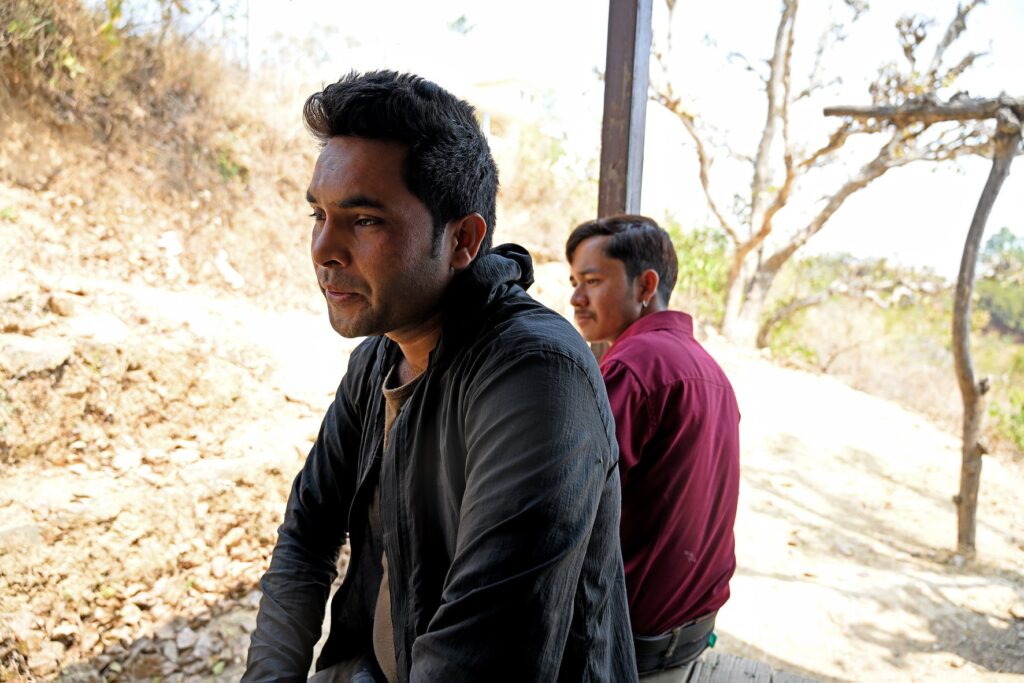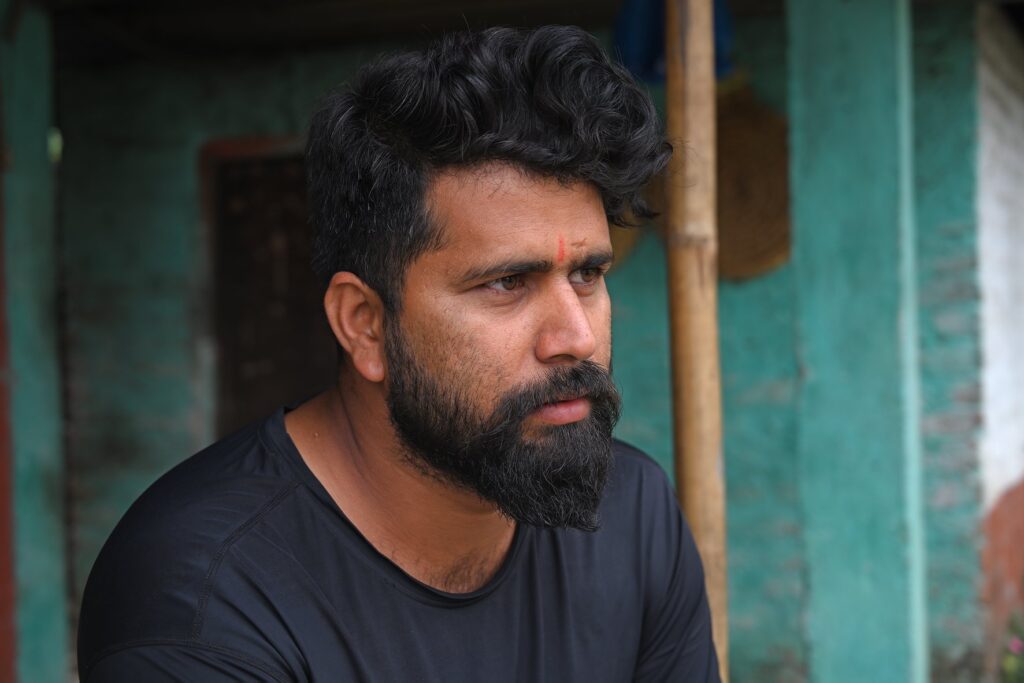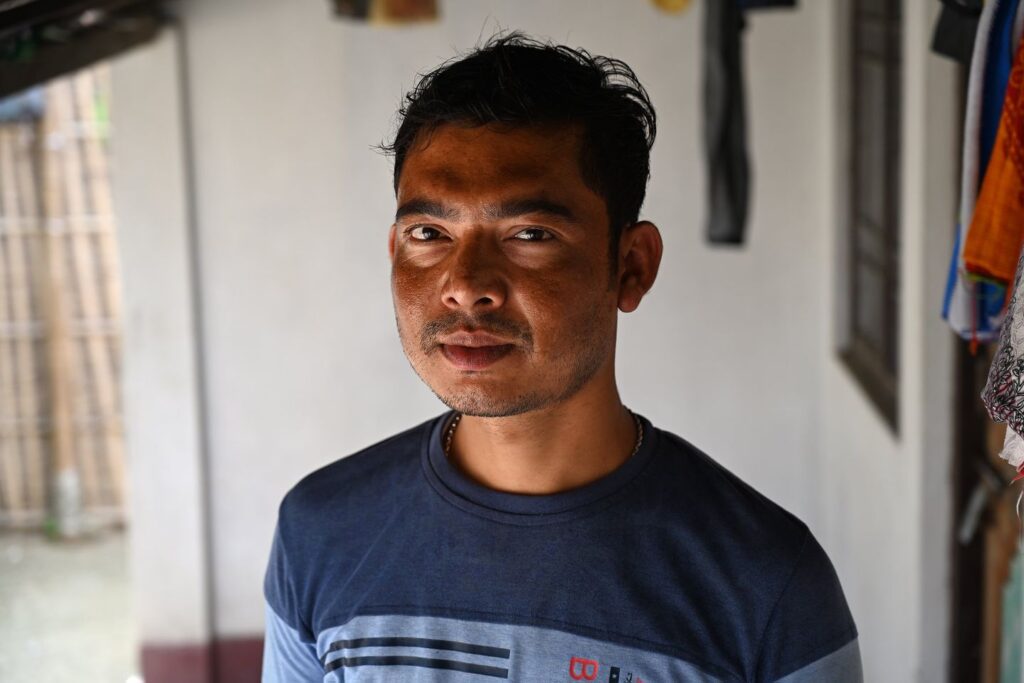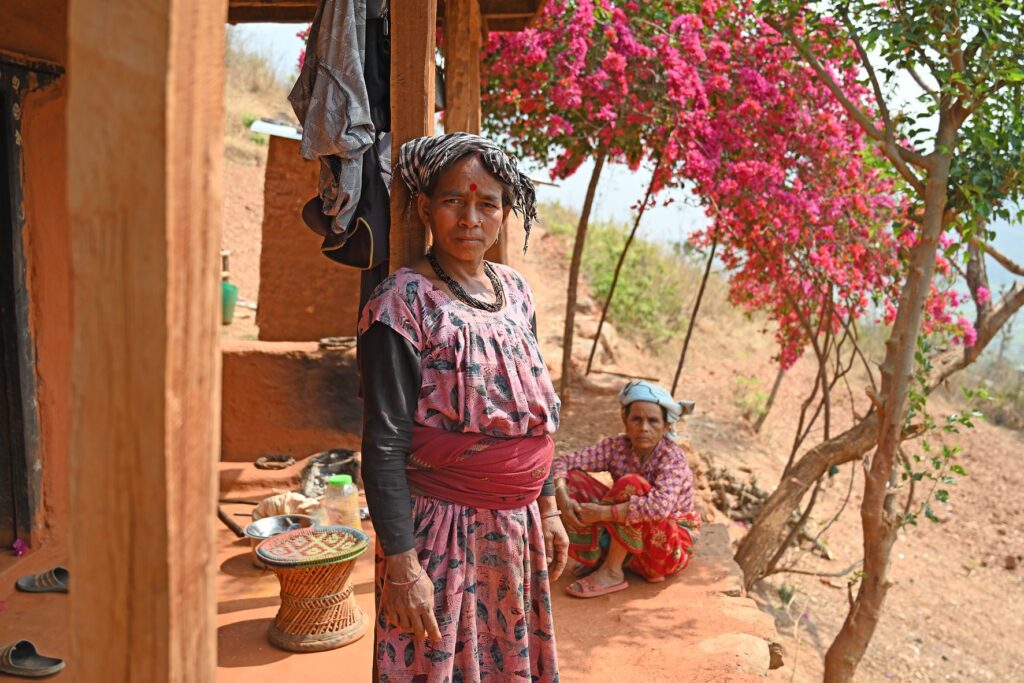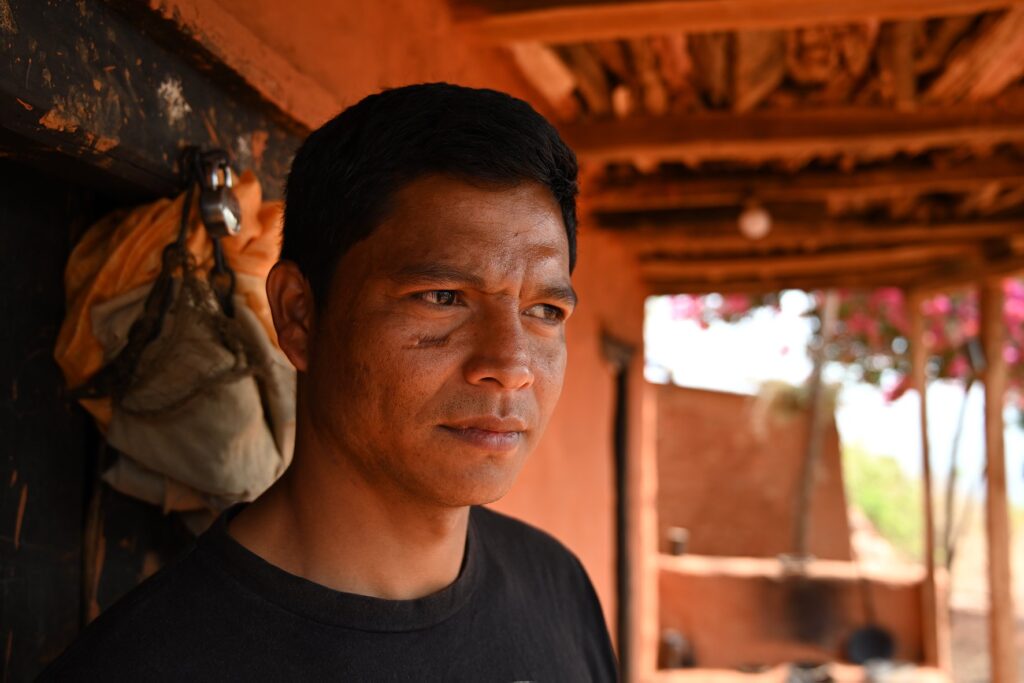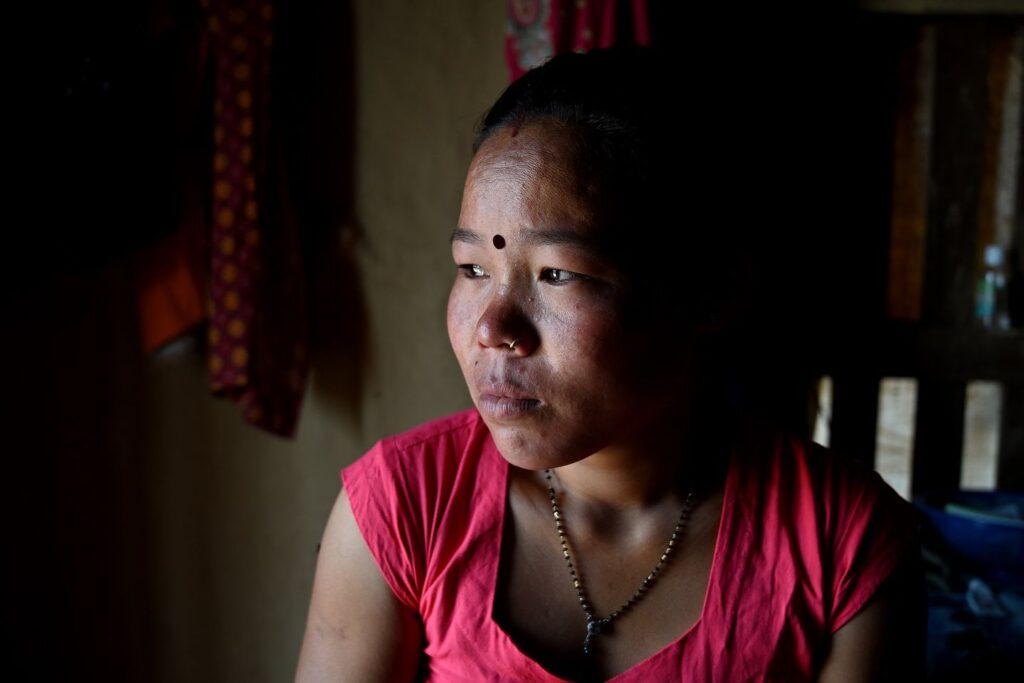
Lal bahadur BiKa Simta 4, Surkhet
“A lot of young men like me do not want to limit themselves. We want to explore and see the world. The grains that your fields produce might satiate your stomachs but not your desires and ambitions. That is why I left.
Mother and father did not want me to go. They spent their lives working in the fields, eating what they could produce, but I could not. I wanted to work outside of the home. I thought that maybe if I saw another place, I would learn new things, meet new people, and become more independent by pursuing an occupation other than farming. So, I left.
I went to Karnataka and found work at a hotel. It was the first time that I left my home. It was the first time that I left my country. When I arrived at my workplace, I was not familiar with the ways of doing things in this new environment. I was confused and sometimes lost. There was a night when I regretted leaving home, but I knew that it was part of my journey to a new world and new experiences. So, I calmed myself down. The fact that there were 60 of us daydreaming young men, who shared a common story, made it easier. We talked about our struggles and better days to come. No one knew what was coming. No one knew about COVID-19. No one knew about the pandemic. That was far beyond what we could imagine.
Only three weeks after I started working in the hotel in Karnataka, the Indian government decided to close the borders. The hotel where we were working had recently opened but sadly had to close its operations immediately. The hotel lost its guests. The owner lost his business. And 60 of us lost our jobs. For the next two months, we were asked to stay inside our rooms. Our hopes and dreams came crashing down. ‘What did we here come for?’ ‘What had become of us?’ We were stuck without food and water. Although our employer gave us some money, it did not last long. I remember skipping meals just so that we had at least one meal a day. Sometimes we survived only on biscuits and water. We all became sad.
There were some who would say, ‘Let’s not lose hope. This pandemic has not only happened to us. It has struck across the world.’ There were others who would say, ‘There is no hope. We are poor. Our families are poor. Our children are naked. We need to send money home. They are waiting.’ Some could handle the stress, while others broke down. I was one of those who broke down. I cried for 5 days and, when nothing changed, I stopped.
Finally, the employer decided that he was going to rent a bus and send us across the border.
The few days on the bus were some of the most difficult times in our lives. We had no money. Not even for a bottle of water. The bus kept moving and we all counted the hours to be back home. All 60 of us. We forgot how many days it had been. We lost track of time due to empty stomachs. I think the driver saw our desperation. He gave us a few meals. In times of great difficulties, someone often comes along like a good samaritan, as a saviour. I will never forget that driver. He gave us hope and he brought us across the border into Nepal safely. We called our families and asked them for help. Some sent over 5000 NPR, some 10,000/- NPR, and some 3000 NPR so that we could get back to our villages. To call our families and ask them to help us was very difficult for us. We were their hope. To expose ourselves to them like that felt terrible, but we had no choice.
Once we returned home, we were quarantined at a facility for 12 days. Once our PCR tests came back negative, then we were sent home. I was not happy to return home like that. I was the one who had big ambitions. I was the one who had abandoned my father’s fields and animals. I found myself back home empty-handed and ashamed. But my father hugged me. He was happy that I came back. He said,” I will not force you to stay but I am happy that you are back. Now you need to maintain a distance, wear a mask, and be careful until this all is over.” I listened to him and stayed home. Now that the lockdown has eased, I am getting restless. I tried working in the fields with my father but I have not been able to abandon my dreams completely. I still want to venture out. The life of breaking stones and digging soil is not for me. I know my father understands that. I know that if I told him that I was leaving one day, then he would put a Tika on my forehead, give me his blessing, and bid me a warm farewell. I know that my father understands that if there were other things I could do in the country, other than farming, then I would stay.”

